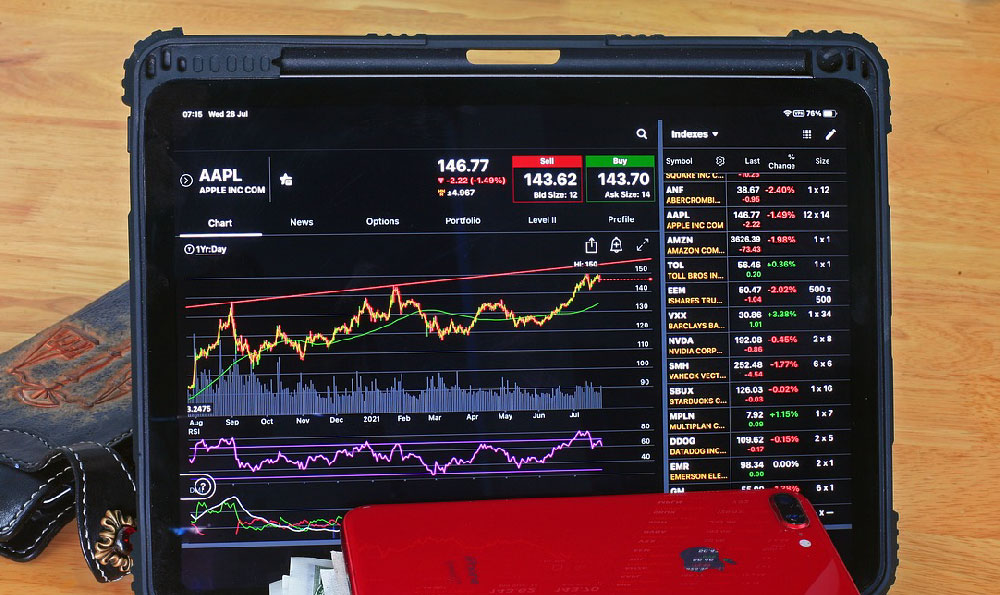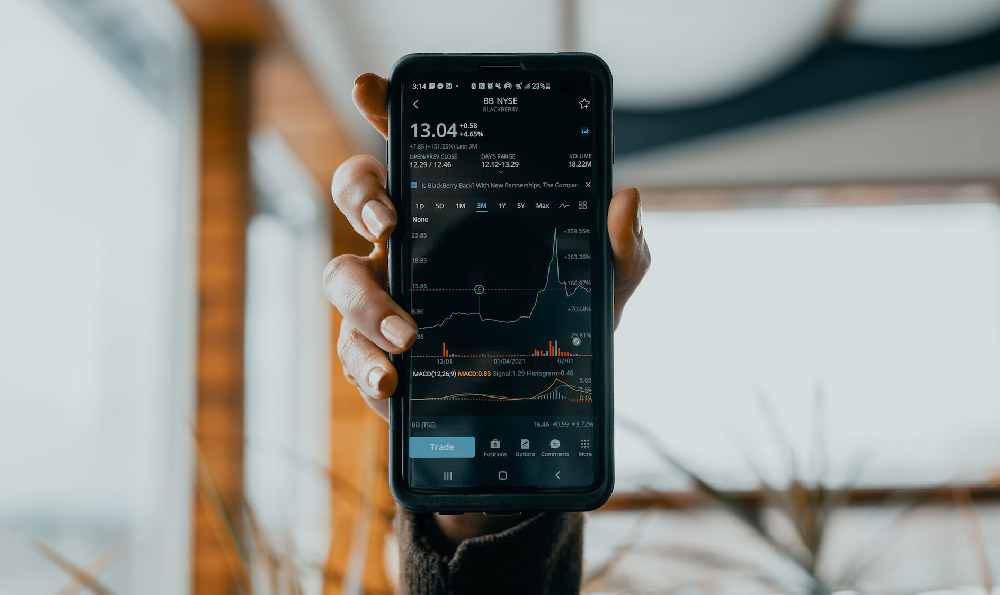
Day trading, the practice of buying and selling financial instruments within the same trading day, promises quick profits and the allure of financial independence. However, the reality for most day traders is far more complex and often less glamorous than the dream. Estimating the average salary of a day trader is incredibly challenging due to various factors, including market volatility, trading capital, skill level, chosen instruments, and risk tolerance. There's no single, definitive answer, but we can delve into the key aspects that influence a day trader's potential earnings.
One fundamental aspect to consider is the initial capital investment. Day trading requires sufficient capital to withstand inevitable losses and capitalize on opportunities. Trading with a small account significantly limits potential profits and increases the risk of ruin, as small losses can quickly deplete the account. Think of it like starting a business – you need capital to invest in inventory, marketing, and operations. The same applies to day trading: capital is your inventory, and trading strategies are your operations. A day trader with $5,000 to trade has drastically different profit potential compared to someone with $50,000 or $500,000. Generally, a larger capital base allows for more sophisticated strategies, better risk management, and the ability to weather market fluctuations.
Beyond capital, the skill and experience of the day trader are paramount. Successful day trading necessitates a deep understanding of market dynamics, technical analysis, risk management, and trading psychology. It's not simply about buying low and selling high; it's about identifying patterns, interpreting indicators, and reacting quickly and decisively to market changes. Profitable day traders often spend years honing their skills, practicing strategies in simulated environments, and continuously learning and adapting to evolving market conditions. They develop a keen sense of market sentiment, identifying potential breakouts, reversals, and trends before they become widely apparent. They also understand the importance of discipline, sticking to their trading plan and avoiding emotional decisions that can lead to impulsive and costly mistakes.

Furthermore, the specific financial instruments traded significantly impact potential earnings. Day traders can specialize in stocks, options, futures, forex, or cryptocurrencies, each with its own unique characteristics and volatility. For instance, trading volatile cryptocurrencies might offer the potential for higher profits, but it also comes with significantly higher risks compared to trading more stable stocks. Understanding the nuances of each market, including trading hours, liquidity, and commission structures, is crucial for maximizing profitability. Some traders may focus on specific sectors or industries, developing expertise in those areas and gaining an edge over less specialized traders. Diversification, while often recommended for long-term investing, can be less effective in day trading, where specialized knowledge and rapid execution are key.
Risk management is perhaps the most critical aspect of successful day trading. It's not about avoiding losses altogether, as losses are an inherent part of trading. Instead, it's about controlling losses and ensuring that they don't wipe out trading capital. This involves setting stop-loss orders to limit potential losses on each trade, diversifying trading strategies to mitigate risk, and managing overall position size to avoid overexposure to any single asset. A robust risk management plan also includes defining acceptable risk-reward ratios, ensuring that potential profits outweigh potential losses on each trade. Day traders must be disciplined in adhering to their risk management rules, even when tempted to hold onto losing trades in the hope of a reversal.
So, what's the average salary? Given the complexities, it's difficult to provide a concrete figure. Some studies suggest that a small percentage of day traders, perhaps 10-20%, are consistently profitable. These successful traders can potentially earn a substantial income, even exceeding six figures annually, depending on their capital and skill. However, the vast majority of day traders either lose money or barely break even. Many underestimate the challenges involved and lack the necessary skills, discipline, and capital to succeed. They might be drawn in by the allure of quick profits, but fail to grasp the rigorous analysis, risk management, and emotional control required.
It's also crucial to consider the hidden costs of day trading. These include brokerage commissions, software subscriptions, data feeds, and taxes. These expenses can eat into profits, especially for traders who make frequent trades. Additionally, day trading can be incredibly time-consuming and stressful. It requires constant monitoring of market conditions, analyzing charts, and executing trades quickly and decisively. The pressure to perform can be intense, leading to burnout and emotional exhaustion.
Therefore, before considering day trading as a career, it's essential to conduct thorough research, develop a comprehensive trading plan, and practice strategies in a simulated environment. It's also advisable to start with a small amount of capital and gradually increase it as skills and confidence improve. Most importantly, it's crucial to approach day trading with a realistic mindset, understanding that it's a challenging and risky endeavor with no guaranteed path to riches. Instead of focusing solely on potential profits, prioritize risk management and continuous learning.
Ultimately, the amount a day trader makes is determined by a confluence of factors: capital, skill, risk management, chosen instruments, and market conditions. While the potential for significant earnings exists, it's essential to recognize that successful day trading requires dedication, discipline, and a deep understanding of the financial markets. Treat it like a business, invest in your education, and prioritize risk management, and your chances of success will significantly improve. But be prepared for the reality that consistent profitability in day trading is a rare and challenging achievement.




